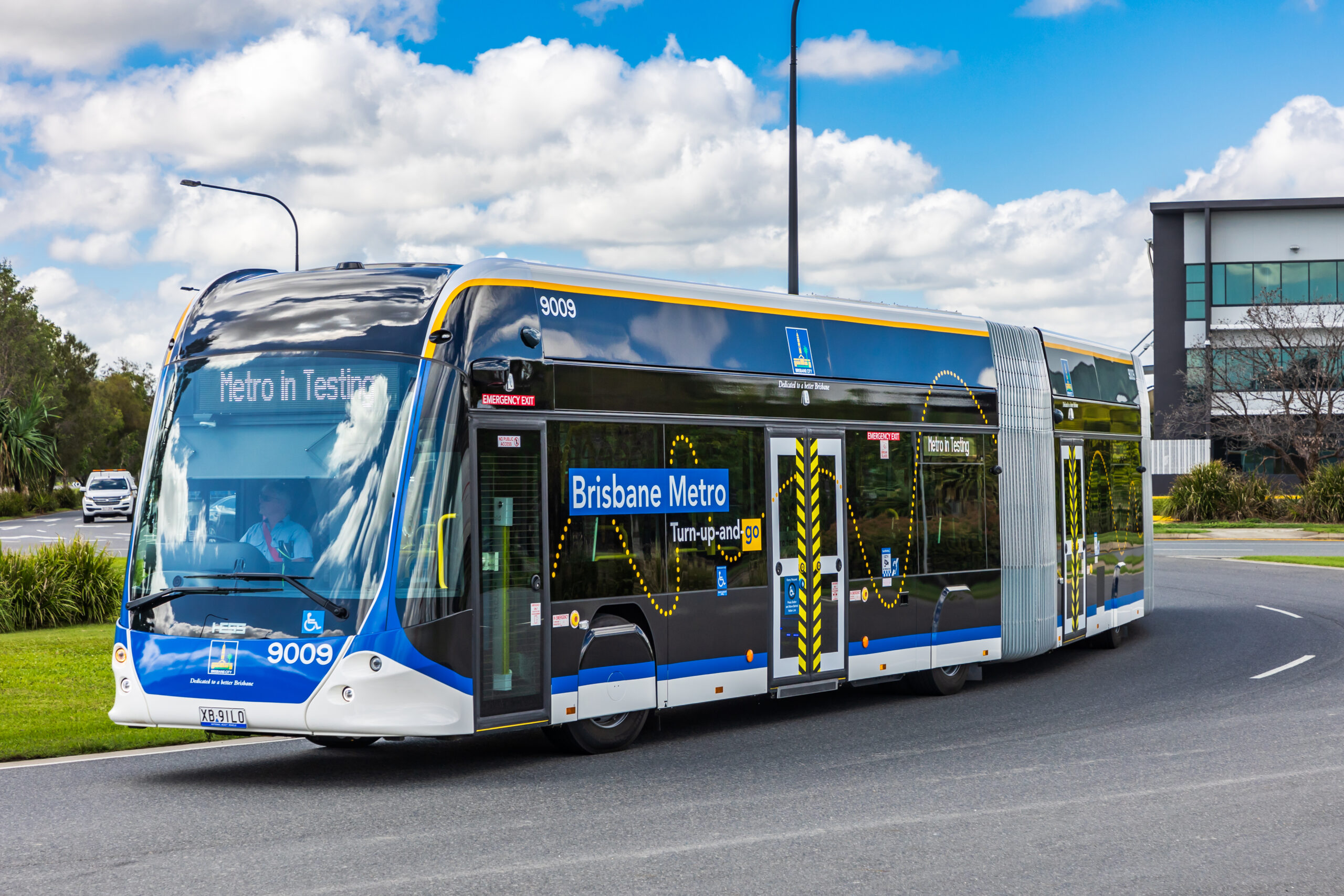
Sign up for daily news updates from CleanTechnica on email. Or follow us on Google News!
If you have been following the news from Volkswagen Group these past several months, you know the company is producing more cars than it can sell, and not just electric cars. That oversupply situation has led to a decision to close two factories in Germany and eliminate 35,000 manufacturing jobs. To be fair, one of those factories is the so-called Glass Factory in Dresden, where a small number of electric cars are produced each year. Those cars could easily be manufactured elsewhere, but that factory has promotional value for the company because customers can watch their cars being built. The factory in Osnabrück was already scheduled for closing as Volkswagen had no plans to manufacture there after 2026.
A few days ago, Reuters raised a few eyebrows when it reported that Chinese companies may be interested in purchasing one or both of those factories. The report doesn’t name names, but it is well known that Volkswagen is forging a relationship with Xpeng in China, so it stands to reason that Xpeng would be one of the companies interested in exploring that possibility. However the idea may not sit well with political and labor leaders in Germany.
German industry source Manager Magazin this week outlined a plan that could circumvent those concerns. Instead of purchasing an underutilized factory, Volkswagen might be interested in forming a joint venture with a Chinese partner. It would be exactly the opposite of the situation in China, where VW had to enter into a joint venture with SAIC when it launched there in 1983. The Chinese supplied the factories and the labor force while Volkswagen supplied the expertise in car manufacturing. That arrangement allowed domestic manufacturers to learn how to build combustion cars to European standards. Now, VW could learn how Chinese manufacturers build electric cars quickly and cheaply. Volkswagen could run additional shifts in the Glass Factory to improve its low utilization by building Chinese models. At the same time, the company could benefit from China’s electric mobility expertise, while the Chinese manufacturer would avoid the EU’s special tariffs.
According to Manager Magazin, negotiations have already taken place but have not yet been finalized. Specifically, there was allegedly talk of joint production at the Volkswagen factory in Emden, where the German carmaker builds the ID.4 and ID.7. However, the cost structure did not suit the Chinese partners, according to a highly placed source. However, the unnamed source did not rule out the possibility of the Chinese company taking over that factory or some another form of cooperation.
Such a step would undoubtedly be economically and geopolitically sensitive both in Germany and within the corporate structure of Volkswagen Group itself, according to Electrive. Internally, it would have an enormous symbolic effect. Other car manufacturers are facing similar concerns. Stellantis and Leapmotor founded the joint venture Leapmotor International to build electric cars from the Chinese manufacturer in European Stellantis plants, and the Leapmotor T03 small electric car is now being assembled at a Stellantis factory in Poland. However, since the Polish government said it was in favor of new tariffs on Chinese cars imported into the EU, Leapmotor is reportedly now looking for another factory in a different European country to build its B10.
An Act Of Desperation?
Manager Magazin made no bones about where it stood on the issue, calling it an “act of desperation,” that was “radical mind games, for now. But the tougher the reorganization, the more likely they become.” Despite such carping from the sidelines, it is clear that Volkswagen must save billions to get anywhere close to achieving its rather modest financial targets. The collective agreement from December 2024, which Manager Magazin referred to as a “fake peace,” provides for up to 35,000 job cuts. However, many in the company doubt its implementation. The investment budget has already been decided and Volkswagen must look closely at which technologies to invest in for which markets.
One significant alteration in the company’s plans is a pivot to range extenders. In Europe, the Opel Ampera and the BMW i3 once used such a plug-in hybrid system in which a small combustion engine acted as a generator but never drives the wheels directly. Most plug-in hybrids today use a so-called parallel hybrid system in which the onboard engine can also power the wheels as needed. In a series hybrid, the engine only turns a generator that supplies electricity to the battery, which in turn supplies power to the drive motor or motors. In China, so called extended range EVs use a parallel hybrid system and are becoming very popular. BYD even has some models that can go up to 1300 miles without stopping to charge the battery or fill the gas tank. Brands like Li Auto, which specializes in EREVs, are enjoying strong sales. Volkswagen does not offer such drive systems in China, where its sales of battery -electric cars are sluggish and demand for combustion engines is also falling.
Plug-In Hybrids For Volkswagen
Volkswagen has already announced it will offer plug-in hybrid drivetrains with range extender engines in its new Scout-branded vehicles and there are reports that CEO Oliver Blume has ordered the development of plug-in hybrids for other models in the Volkswagen group portfolio. “The range extender is a good argument for taking away customers’ range anxiety during the transition phase to electric mobility and making it easier for them to get started,” Blume is quoted as saying. But that technology is still under discussion at corporate headquarters.
However, it remains to be seen whether this will happen. Manager Magazin writes that Wolfsburg has been discussing range extenders since last March, including for European models. Blume is said to have yet to make a decision about adding it as an option to models sold in Europe. The company would dearly love to double its sales in the US by the end of this decade, but has not said whether range extenders would be included in cars sold there other than those from Scout Motors. In a speech at the World Economic Forum in Davos, Switzerland, last week, Volkswagen CFO Arno Antlitz said “additional initiatives” are under consideration for the US market. “If you want to double market share, you have to be even more local,” he said, all though what that means exactly is far from clear.
We are seeing the consolidation of the auto industry that many have been predicting for years. Honda and Nissan are talking merger if they can figure out what to do with Renault’s stake in Nissan. Canoo went bust last week, taking one more EV manufacturer off the board. Fiat has shut down production at its Mirafiori factory due to weak sales. The troubles at Volkswagen are just one more sign that the auto industry is on the edge of chaos.
Chip in a few dollars a month to help support independent cleantech coverage that helps to accelerate the cleantech revolution!
Have a tip for CleanTechnica? Want to advertise? Want to suggest a guest for our CleanTech Talk podcast? Contact us here.
Sign up for our daily newsletter for 15 new cleantech stories a day. Or sign up for our weekly one if daily is too frequent.
CleanTechnica uses affiliate links. See our policy here.
CleanTechnica’s Comment Policy



